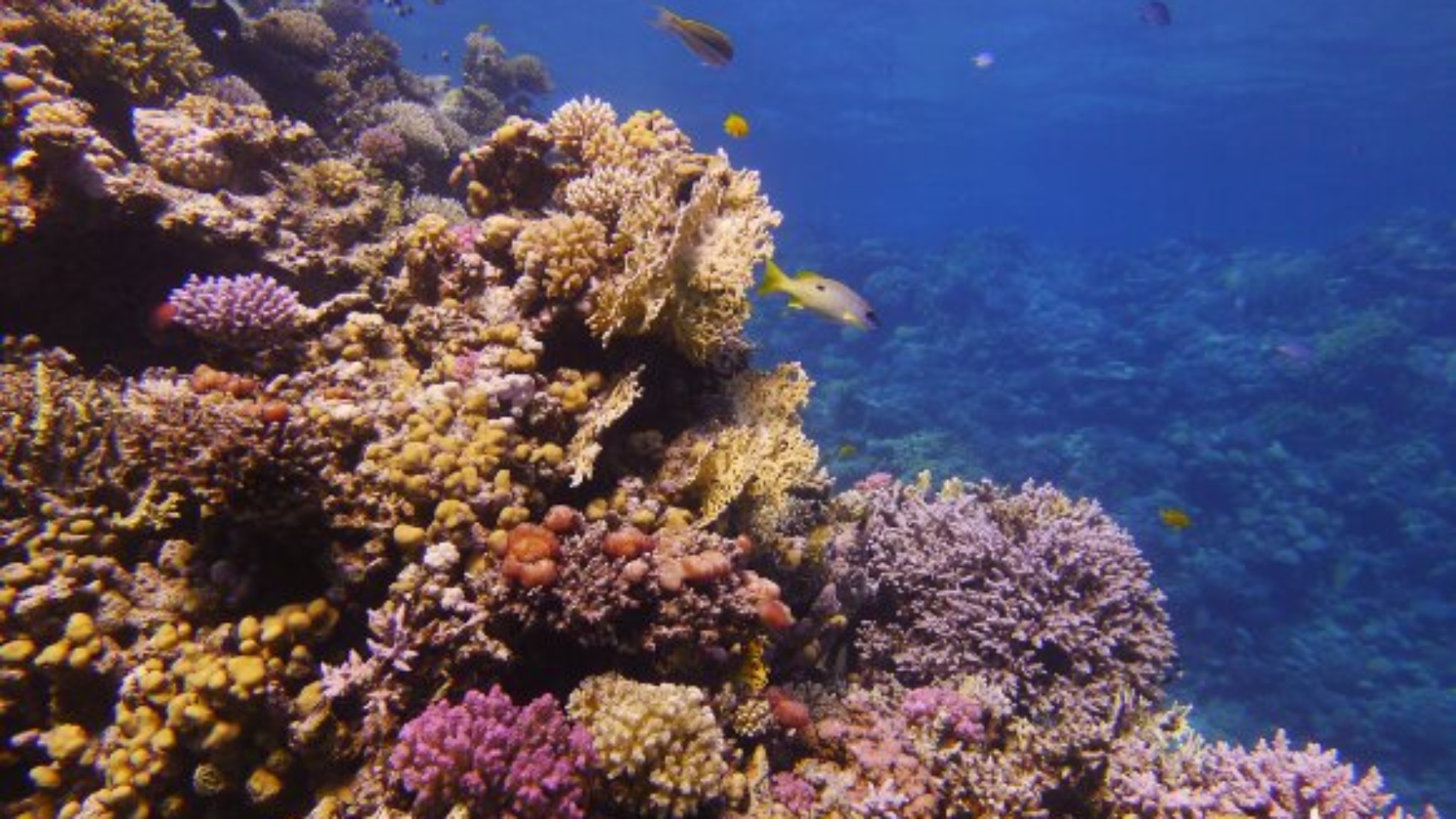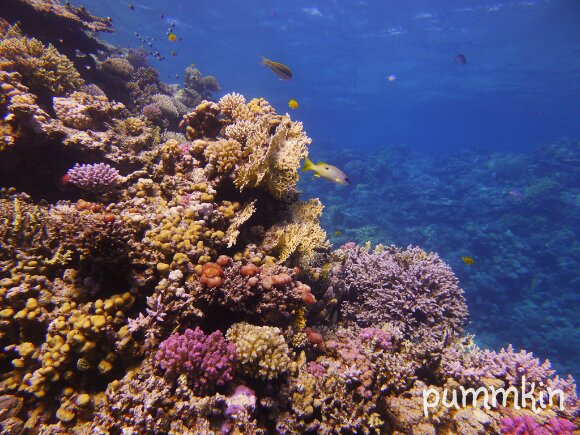Added Number 8!
Dear divers, I’m putting this together for the benefit of the many who had asked me ‘how would I know if someone is a good instructor or not?’ As most newbies have no idea where to start, or may have been referred to one by his/her friend who has done the course, take this as a guide for you and your non-diver friends to select the right instructor for your dive pursuits.
1) Always ask to see the instructor’s qualification card/credentials. You are placing your life in his/her hands, you better know for sure if the instructor in question is REALLY CERTIFIED & QUALIFIED, RENEWED & CURRENT with their respective training agencies and is AUTHORISED to conduct courses. If police can stop you on the road to demand to see your driver’s license when you are not a threat, why shouldn’t you exercise the same courtesy on someone you hardly know who will give you instructions to dive?
2) Find out how long your instructor has been diving, when he/she became certified as instructor & how many dives they have logged. Some instructors still keep physical logbooks that run into hundreds of pages but some have chosen to keep digital memory in their computers. It’s great to have new instructors teach you because they would be placing a great amount of care to your wellbeing & mastery of skills. It’s also great to have seasoned instructors teach you because every skill taught is almost effortless and without anxiety because of what’s ingrained into the instructor’s memory.
3) Be aware of team-teachers, your dive theory sessions, confined water (pool or beach) & open water (sea) sessions may be taught by different instructors and it’s imperative that you know each of them are QUALIFIED TO DO SO, not have divemasters-in-training put in your care (a common practice that’s against the standards for new divers). State your questions & preference when signing up for the course in a dive centre/resort. (For foreign instructors, check if they have work permit to operate in Malaysia because if anything happens & you want to proceed with a legal battle, you may not find him/her again. Having said this, there are a good number of dive instructors of foreign nationalities who have made Malaysia home and have Malaysian spouses. They offer a wealth of knowledge that locals can’t so there are pros to it. Do your checks first). – This is not meant to be discriminatory but due to the liability issues, I need to state this out so please don’t get offended, my dear foreign peers!
4) Be aware of instructors who are already suspended/expelled from any dive training agencies. They may continue to teach but have other instructors SIGN OFF your certification card. Reasons for expulsion could be due to serious violation of standards and procedures, negligence & error, some leading to death of students. This is a malpractice that you should not accept. Be sure that your instructor FOLLOWS THE STANDARDS. Ask to see the standards for each level of dive course that you are embarking on, then you would know what are the skills required for you to master at each one.
5) Instructor’s reputation. If you have been referred to your instructor, chances are, he/she had been teaching well. You would still need to do your due diligence check of point 1 – 4 above. For example, a fierce ex-military instructor may be uttering mouthfull of profanities during your training so be prepared for it. A octo-instructor may have hands everywhere, just like an octopus so if you don’t like to be groped, state beforehand that you don’t like to be touched although, you must be aware that during water training sessions, there is a lot of contact between instructor and student. A worldly instructor is someone who has probably travelled the world to dive leisurely but lack the experience to teach in different kinds of environment. Be sure to ask ‘where has he/she taught before (which seas, as each geographical location has different sea conditions). (Though I have been diving in cold waters, I still get a shock each time I enter the water & I certainly would not want to teach in those kinds of temperatures.)
6) Find out your instructor’s knowledge of marine life & marine conservation. If anyone makes a living off the seas, that person ought to know a great deal about the ocean & its inhabitants. The passion towards preservation of marine life must be paramount in an instructor’s life and walk. What you are getting from an instructor is years of experience with encounters of marine life that would influence how you would interact in the water. If you get an instructor who pokes & prods animals or catches a Nemo to put inside his/her mask then releases it only to be preyed upon by a lizard fish, or teaches your to ride a turtle or break open a sea urchin, or worse, pulling a poor octopus out of its lair till it has to squirt ink in defence to run away, you are getting a rogue, unprofessional cowboy instructor who has no regard for all life forms. Avoid him/her. Be sure to ask around, ask your diver friends for recommendations and don’t be afraid to change instructors or appoint someone new to teach you. You are not bound to one with a lifetime contract.
7) Watch out for instructors who get high on drugs/weed/alcohol. The last thing you need is a mentally impaired instructor in the water. Watch out for dilated pupils in their eyes or drunken breath. Don’t be afraid to say no to his/her instructions to enter the water. If he/she passes out, you are not trained to lift him/save him/her & can be a liability to you.
8) Don’t go for the cheapest dive course. You pay peanuts, expect monkey service. Dive instructors assigned to you when you sign up at the dive expo would be those in training or worse, those who have yet to qualify to teach. Not all dive centres would do that but most who want to cut cost, would. A dive operation has costs to upkeep, equipment to maintain and staff to pay. If you pay peanuts, the effects will be passed down the line, you’d get untrained/lackadaisical crew, lousy service and have no avenues to complain because of the price you paid that came with no perks. When I learnt how to dive, I chose to learn from the best and paid a premium to get as much as I could out of someone who was encouraged to teach me. When you learn from the best, you would spot all those mistakes from people who didn’t acquire the skills when they ought to have learnt them in their course. You won’t know what the instructor didn’t teach you if you don’t even know what they are suppose to teach. Refer to point #4 on laying out the set of standards that you must learn before you earn your certification.
9) If an instructor tells you that you don’t need to know how to swim to be able to dive, please mark his/her name and report to the dive agencies. You MUST BE ABLE TO SWIM 200m WITHOUT SCUBA gear nonstop and tread water for 10mins. This is in the ISO Standards that reputable dive agencies are accredited with. You will spend 95% of the time in water so what makes you think you can save yourself should you get into trouble or get separated from your group? Can you fly? No? Then learn to swim first. The ocean can wait for you and so can your instructor. Don’t be so eager to be run before you learn to walk. Safety is of utmost importance. In 1999/2000, Oriental Queen liveaboard hit a rock and sunk, but the instructor on board was quick to alert everyone who was sleeping to jump overboard and swim to shore. They did and was saved. What happens if you are in that same situation?
I hope the above serves as a guide for you to select your appropriate instructor. Do not be afraid to ask questions, even if you think they are stupid/silly questions because a good instructor will always make you understand what you are getting yourself into.

